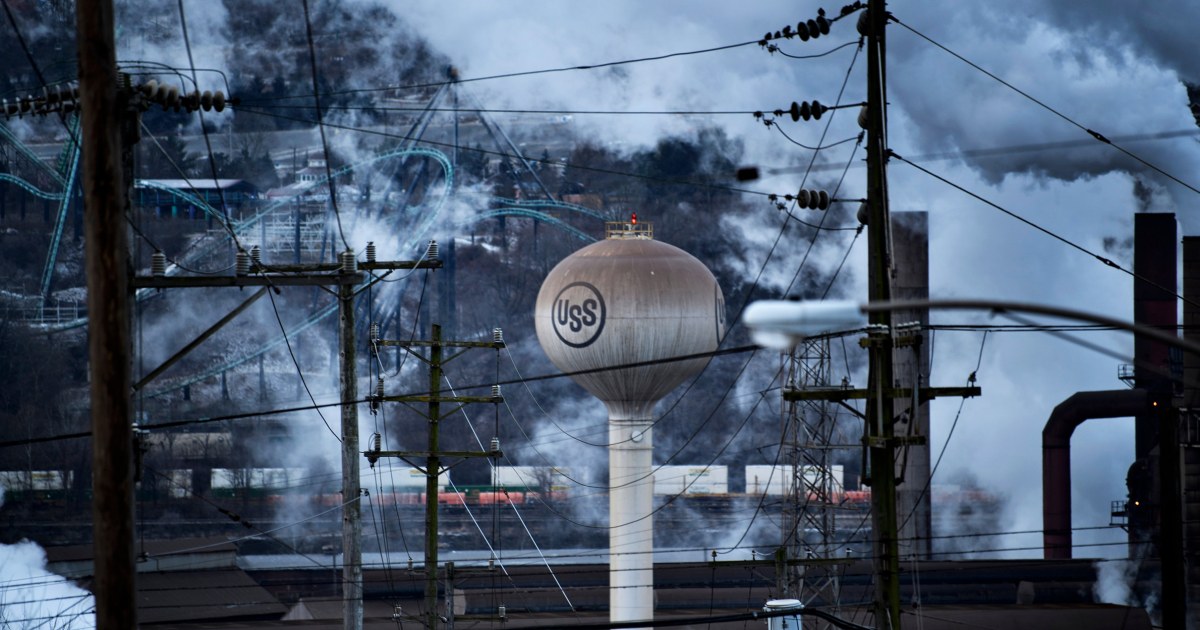Horoscope
How Haryana’s Carterpuri village was named after former US President Jimmy Carter

Jimmy Carter, the 39th US president and third American leader to visit India, after whom a village in Haryana was named Carterpuri has passed away at 100 in Georgia.
Carter, the longest-lived president in US history, passed away on Sunday at the age of 100.
According to the Carter Centre, on January 3, 1978, Carter and then First Lady Rosalynn Carter travelled to the village of Daulatpur Nasirabad, an hour southwest of New Delhi.
He was the third American president to visit India and the only one with a personal connection to the country – his mother, Lillian, had worked there as a health volunteer with the Peace Corps during the late 1960s.
“The visit was so successful that shortly after, village residents renamed the area ‘Carterpuri’ and remained in contact with the White House for the rest of President Carter’s tenure. The trip made a lasting impression: Festivities abounded in the village when President Carter won the Nobel Peace Prize in 2002, and January 3 remains a holiday in Carterpuri,” the Carter Centre said.
“In fact, since the Carter administration, the US and India have worked closely on energy, humanitarian aid, technology, space cooperation, maritime security, disaster relief, counterterrorism, and more. In the mid-2000s, the United States and India struck a landmark agreement to work toward full civil nuclear cooperation, and bilateral trade has since skyrocketed,” the centre said.
President Carter understood that shared democratic principles formed a strong foundation for a long, fruitful relationship between the US and India. It is, therefore, no surprise that the two nations grew steadily closer in the decades after he left office, it said.
“India’s difficulties, which we often experience ourselves and which are typical of the problems faced in the developing world, remind us of the tasks that lie ahead. Not the Authoritarian Way,” Carter had said on January 2, 1978.
A day later at the signing of the Delhi declaration along with then Prime Minister Morarji Desai, Carter said at the heart of the friendship between India and the US is their determination that the moral values of the people must also guide the actions of the states, the governments.
With PTI inputs


![No Verification Casino UK: Best No KYC Casinos [year] No Verification Casino UK: Best No KYC Casinos [year]](https://www.spieltimes.io/wp-content/uploads/2024/09/casino.webp)







